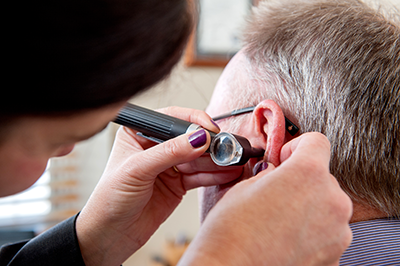What is Dementia?
Most people know someone or know of someone who has dementia. This is not surprising given that dementia is the second leading cause of death of all Australians and will likely soon become the leading cause. It is a cruel illness not only for the person themselves but also for their loved ones. To watch the person you knew and loved slowly slip away while still being right there in front of you is one of the most difficult aspects of dementia. Much like hearing loss it is an invisible illness, and in its early stages, it can be hard to detect so no one fully realises what’s going on, only that the person is different to how they used to be and not in a good way.
In light of how prevalent dementia is, not only in Australia but worldwide, there is lots of research aiming to find a cure for dementia and to determine how and if it can be prevented.
Hearing loss and Dementia
So, where does hearing loss fit in to all this? On the back of extensive research, the World Health Organisation has determined 12 recommendations for reducing your risk of cognitive decline. Looking after your hearing and managing hearing loss is one of those 12 recommendations. We don’t yet fully understand why untreated hearing loss increases your risk of dementia, but we do know that people with mild hearing loss may be twice as likely to develop dementia as those without hearing loss and people with severe hearing loss are 5 times more likely to develop dementia compared to people with healthy hearing. Some theories about why this is so, are:
- Untreated hearing loss can result in social isolation, loss of independence and loneliness which are known risk factors for dementia.
- If you have a hearing loss, extra effort is required just to hear conversations. This means there is less energy available to process and store the information you are hearing. If you are so busy just trying to hear and understand, it can make it hard to remember, participate and enjoy the conversation. It is thought that over time this may lead to brain changes resulting in dementia.
- It is also possible that the neurological processes that lead to dementia are the same as those that lead to age-related hearing loss.

Despite the above, it is important to remember that having any form of hearing loss does not mean you will develop dementia, if left untreated, it just increases your risk of this occurring.
To learn more about hearing loss and dementia go to: https://www.dementia.org.au/sites/default/files/helpsheets/Helpsheet-OtherInformation04-HearingLoss_english.pdf
And to learn more about other ways you can reduce your risk of dementia go to: https://www.dementia.org.au/statistics
